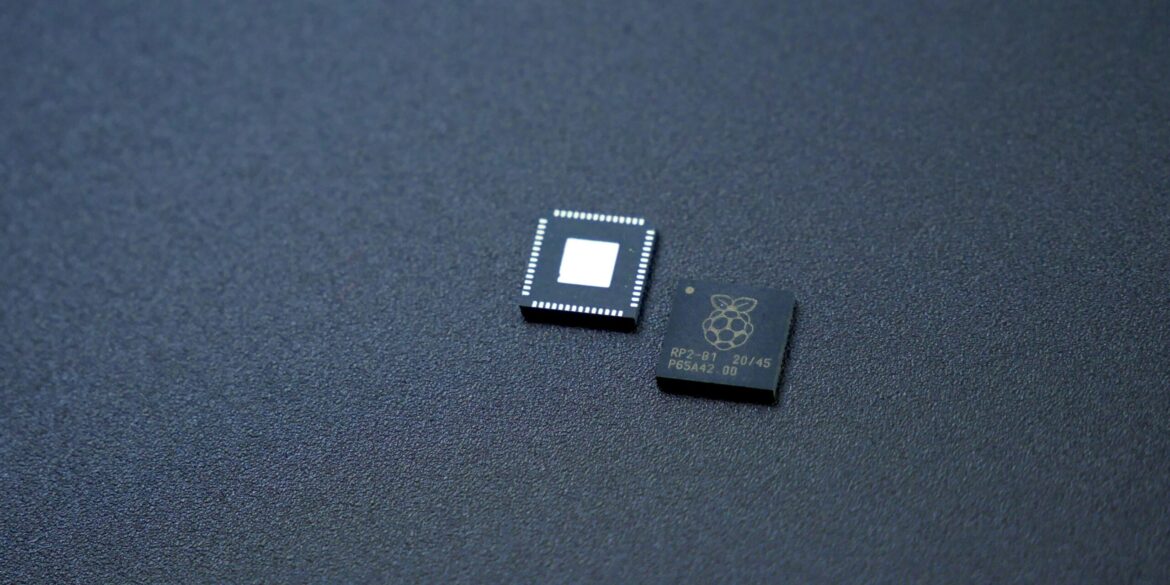On October 26, 2025, Google made a groundbreaking announcement in the field of quantum computing with its successful demonstration of the Willow chip. This new quantum processor completed a complex calculation that was previously thought to be beyond the capabilities of even the most advanced classical supercomputers. This achievement marks a major milestone in Google’s ongoing efforts to push the boundaries of quantum technology, further solidifying the company’s role as a leader in the field.
The Willow chip’s accomplishment is particularly significant because it demonstrates the potential of quantum computing to solve problems that are currently intractable for classical systems. While traditional supercomputers are capable of performing many calculations at incredibly high speeds, there are certain problems—particularly those related to quantum mechanics, cryptography, and materials science—that they cannot efficiently solve. The Willow chip, however, successfully tackled one of these problems, highlighting the immense power of quantum systems and their ability to perform tasks that classical computers simply cannot manage.
Quantum computing operates on principles that are fundamentally different from classical computing. While classical computers process information using bits, which represent either a 0 or a 1, quantum computers use quantum bits, or qubits, which can exist in multiple states simultaneously. This allows quantum computers to perform complex calculations much more quickly than traditional systems, offering the potential to revolutionize industries such as artificial intelligence, cryptography, and drug discovery.
Google’s achievement with the Willow chip is the culmination of years of research and development in the field of quantum computing. The company’s Quantum AI lab has been at the forefront of developing quantum processors that push the limits of current technology. This success is a significant step toward achieving what is known as “quantum supremacy,” the point at which quantum computers can consistently outperform classical computers on specific tasks.
While the Willow chip’s success is a breakthrough, it is only one step in the long journey toward realizing the full potential of quantum computing. Researchers are still working to overcome challenges related to error rates, qubit coherence, and scalability in quantum systems. However, Google’s achievement demonstrates that quantum computing is rapidly progressing, and the possibility of using these systems to solve real-world problems is becoming more tangible.
This milestone in quantum computing also has broader implications for the future of technology. As companies like Google, IBM, and others continue to develop and refine quantum processors, the possibilities for new innovations are vast. In fields such as cybersecurity, quantum computers could potentially break encryption systems that were previously thought to be secure. In pharmaceuticals, quantum simulations could lead to faster drug discoveries by modeling molecular interactions more efficiently than current methods allow.
In conclusion, the successful calculation completed by Google’s Willow chip is a significant achievement in the field of quantum computing. It showcases the growing potential of quantum systems to solve problems that are beyond the reach of classical computers, marking a pivotal moment in the development of this emerging technology. While there are still many challenges to overcome, the Willow chip’s success represents a major leap forward in the quest for practical, large-scale quantum computing.


